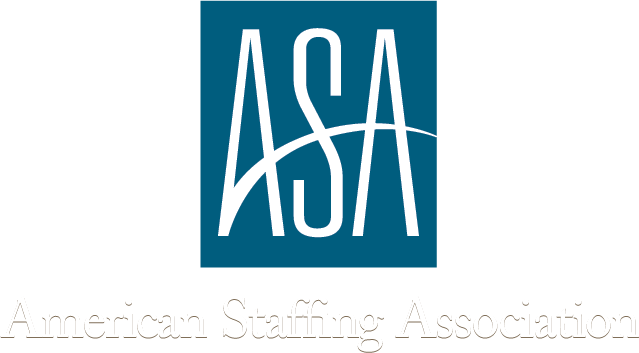Many engineering professionals stress about making more money, having more responsibility, and positioning themselves for retirement. What too often gets overlooked, however, is how important it is just to keep pace with the rate of change in the industry. It’s possible to worry so much about your next position that the one you have now passes you over. In order to stay relevant and keep stride with the cutting edge, you need to follow this proactive approach:
Prioritize Professional Development
Ask yourself – how many of the skills you use on a day to day basis are skills that you were taught in college? Surely some, but probably not most. That underscores how much you learn while you are on the job, and how much the skills necessary to succeed at the job change.
The way to keep your skill set fresh and relevant is to make professional development a priority. No matter how busy you are at work or at home, you should be seeking out continuing education opportunities, identifying new certifications to pursue, and learning as much as possible from young engineers and engineers in other disciplines.
Establish Yourself as a Thought Leader
In may sound counter-intuitive, but one of the best ways to stay relevant is simply to assert your relevance. And the way you do that is by becoming a thought leader within your industry or discipline.
Thought leaders develop legions of interested followers by commenting on the issues or ideas that are relevant to their peers and pushing the conversation forward. And, luckily, becoming a thought leader is easier than you think. Use social networks and a personal website to start publishing articles and conversing with other industry experts. You won’t fall behind if you try hard to stay at the front.
Analyze Industry Trends
Once you begin to prioritize your thought leadership you will begin to develop a macro perspective on the field of engineering. That puts you in a unique position to analyze where it is headed in a year, five years, 20 years etc.
Understanding this course is essential, because the only way to respond to the changes is to prepare for them in advance. Identify the technologies that will soon be essential, disciplines that are rising or falling, major projects going into the planning stages, and the fortunes of major players in the industry.
This process might seem overwhelming, but it is both more manageable and more essential than you realize. It helps to look past your job title or your employer and try to conceptualize your career as a whole. What steps can you take to make sure your successes outweigh your failures? Find additional resources to help you on that journey by working with Selectek.

